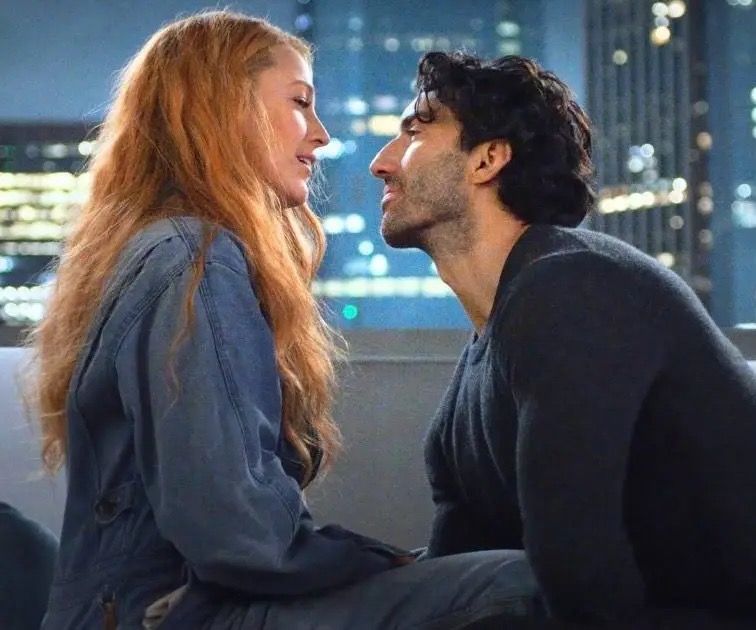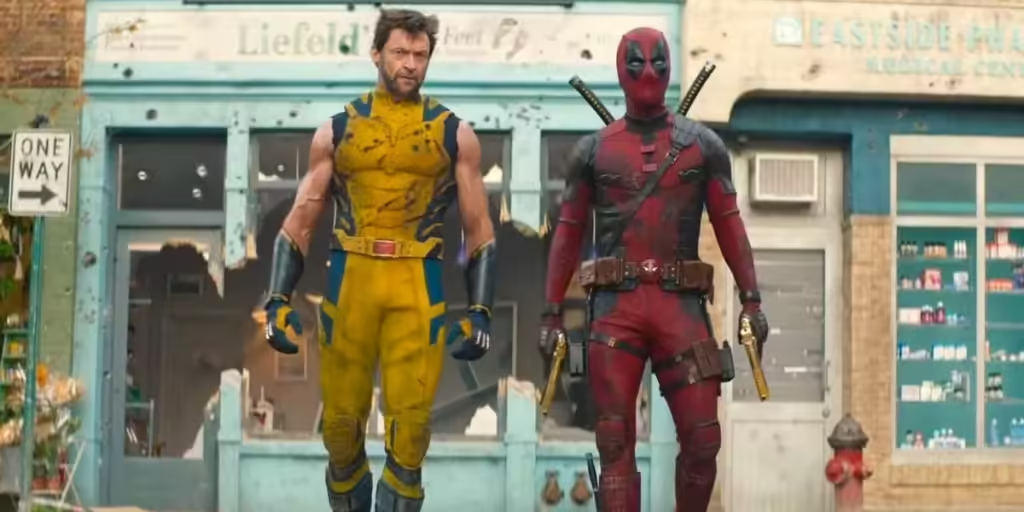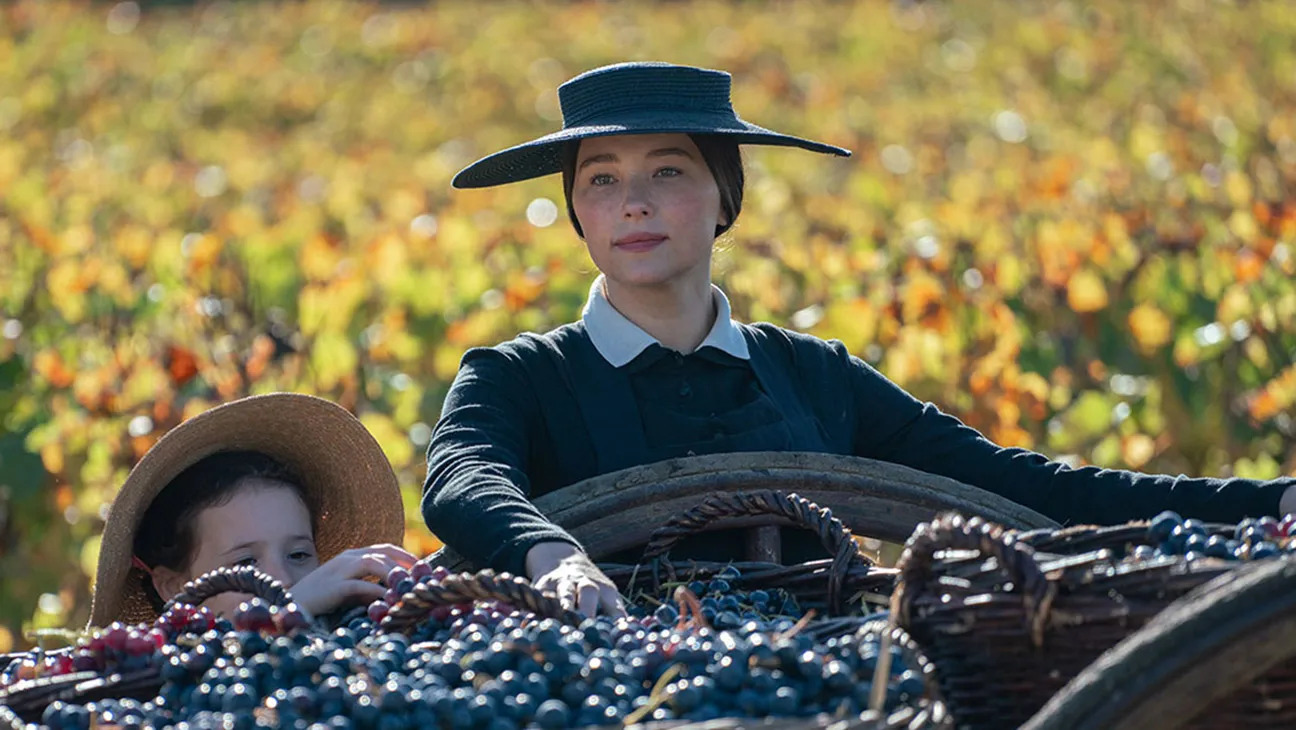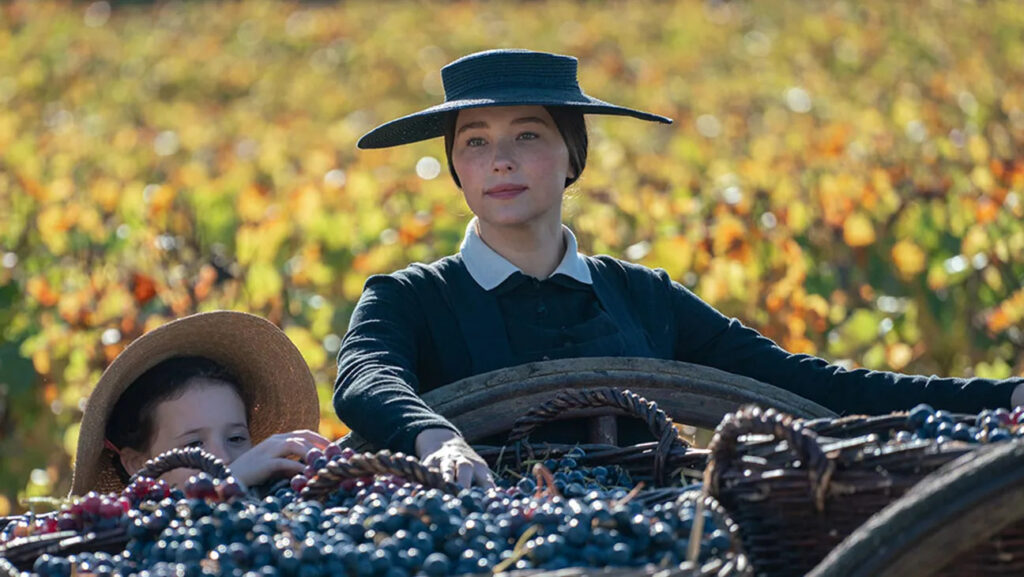It Ends With Us
Posted on August 8, 2024 at 5:30 pm
B| Lowest Recommended Age: | Mature High Schooler |
| MPAA Rating: | Rated PG-13 for domestic violence, sexual content and some strong language |
| Profanity: | Some strong language |
| Alcohol/ Drugs: | Alcohol |
| Violence/ Scariness: | Domestic violence is frankly but discreetly portrayed, some serious injuries |
| Diversity Issues: | None |
| Date Released to Theaters: | August 9, 2024 |
For the handful of people who do not know this, It Ends With Us is a wildly popular book by Colleen Hoover, a social worker who began her career as an author by self-publishing. She was one of the early BookTok success stories, and has now published more than 20 books (plus a jewelry collection, press-on nails, and a non-profit that has donated over $1 million to promote love of reading). In 2022 her books held six of the top ten spots on the New York Times paperback fiction best seller list. She has called It Ends With Us, published in 2016, the most difficult because of its themes of domestic abuse, and it is her most popular, with a sequel called It Starts With Us.

Hoover and star Blake Lively produced the film version of the book, and it was directed by Lively’s co-star, Justin Baldoni. And so, with one exception, this is as close as a filmed version of a novel can be to a book, scene by scene, line by line. The fans of the novel who were in the audience at the screening I saw thought this was just fine, and they sighed happily along. Those unfamiliar with the story or less committed to admittedly soapy melodrama may enjoy the Hollywood gloss but come away less satisfied.
We first see Lily Blossom Bloom (Lively) on her way to her father’s funeral, greeting her mother, who is dressed in black, at the door of an imposing suburban house in Maine. Even though it is very clear where she is and why, this movie does not leave anything unsaid that can be said, and so Lily’s mother (Amy Morton) has to tell her daughter that she is glad she has arrived for her father’s funeral but sorry she was not there in time to say goodbye. Lily is supposed to give a eulogy, and her mother tells her just to say the five things she loved most about her dad. At the pulpit, she looks down at a napkin with 1 though 5 listed but without any words next to them. She leaves the church without speaking and returns to Boston.
Lily is about to make her lifelong dream come true, and open up a flower shop called, yes, Lily’s Blooms. As she clears out the store to get ready, she meets Allysa (Jenny Slate, by far the most appealing character in the story), a wealthy young married woman who impulsively agrees to go to work in the shop and instantly becomes Lily’s best friend.
Allysa’s husband (Hasan Mainhaj in his second perfect husband role in a row, following “Babes”) and brother (director/star Baldoni) come to the shop and Lily realizes that her new friend’s brother, Ryle ( Hoover gets character names straight from Bodice Ripper Central) is the handsome neurosurgeon she had a very meaningful encounter with on a rooftop, where she went to think about her father. The anonymity and their mutual hotness allowed them to share some intimate secrets (“naked truths”) and it was about to get steamy when he was called to the hospital for an emergency.
This re-meeting gets things back in gear, even though there are more red flags than in a year of NASCAR races. For example: the first seconds of Ryle’s appearance on screen he is furiously kicking a chair. Then he tells Lily he is only interested in sex, not relationships. Then Alyssa warns her. But a gal loves a challenge, so Lily slows his roll and he is almost instantly besotted.
We go back and forth to Lily’s past (played by Isabela Ferrer), where we see her devastated by her father’s abuse of her mother and her kindness in reaching out to a homeless classmate named, wait for it, Atlas (Brandon Sklenar in the present, Alex Neustaedter in the past). They fall in love but are separated by a violent attack.
Lily loves Ryle, but his insecurity and volatile temper keep her on eggshells. The film’s best insight is how easy it is for Lily to slide into feeling she is responsible for managing Ryle’s moods and accommodating his demands. Will the pattern of domestic violence stop with them? How?
The production values, like the storyline, hark back to the lush “for the ladies” films of the 50s, with expensive settings and some….choices by costume designer Eric Daman (Lily’s boots! Alyssa’s sequins!). There are many shots of the sun rising or setting over water. There are many lines of dialogue explaining what we have already gleaned from seeing.. A reader can fill in the blanks in a book as though it’s a Roarshach ink blot. If it is not carefully done (“The Bridges of Madison County” is a good example), an on screen depiction can reveal the thinness of the characterizations and revelations.
Lively brings radiance to the role, but she is stronger when she really lets loose in devilish mode (looking forward to “A Simple Favor 2.” Lily is relegated to nervous laughs, low-level quips, nervously reassuring Ryle, and growing understanding of her situation. Her co-stars are handsome in the way 40’s and 50’s divas played opposite actors who had just enough chemistry to be believable without detracting from their luster. This makes it watchable but not especially memorable.
Parents should know that this film includes strong language, sexual references and situations, and domestic violence with sexual assault and serious injury. Characters drink and smoke.
Family discussion: How was Lily different from her mother? Why did she visit her father’s grave? What will happen next?
If you like this, try: Colleen Hoover’s books and classic older films like “My Reputation” and “Now Voyager”







